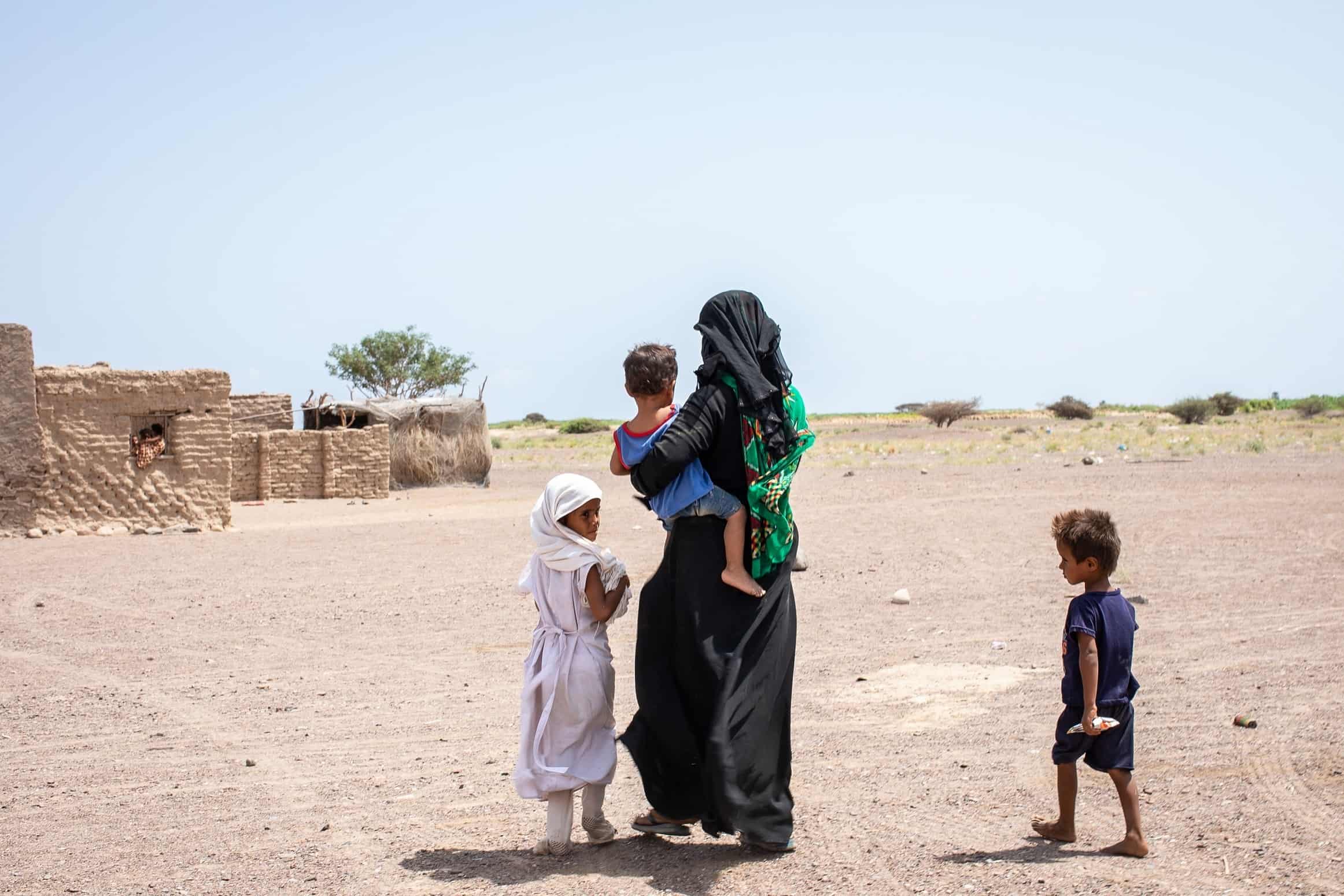DUBAI, UAE — Changing weather patterns and global warming have been aggravating the problem of water scarcity across the world, with arid and rain-stressed regions feeling the impact much more than, say, tropical geographies. The MENA region is the world’s most water-scarce area, with economic downturns, climate change, and so forth rapidly worsening the situation in the region.
In MENA, per-capita water resources account for just one-sixth of the global average. To make matters worse, they are dwindling every day. All nations in the region are experiencing groundwater depletion. The rate of withdrawal of surface and groundwater is very high, with low replenishment rates.
The semi-arid to arid climate is becoming highly variable, and droughts are becoming more and more frequent. As per a World Bank report, climate-related water scarcity is expected to cause economic losses estimated at 6-14% of the GDP of the nations in this region by 2050 — the highest in the world.
Unsurprisingly, there is fierce competition for water in MENA — agriculture competes with industries, and potable water resources keep declining. In such a scenario, it is essential to adopt sustainable water management practices to build resilience, sustain peace and improve the well-being of local populations. Coordinated action is needed urgently to tackle the water crisis, which has reached unprecedented levels.
Ensuring food and water security
Addressing food and water scarcity is a difficult task — it involves years of painstaking research and the development of effective solutions that can alleviate the problem. Besides, it needs close cooperation between all stakeholders: Governments, private companies involved in coming up with actionable solutions to the problem, local bodies, local populations, and so forth.
At the heart of all endeavours lies sustainability. Only sustainable solutions can deliver arid nations from the scourge of water and food scarcity. Of course, there will be times when an immediate response to people’s basic needs is necessary, but ultimately, only a long-term approach aimed at tackling the twin problems in an equitable manner will work.
This calls for major investments in research, innovative policies and practices, and technology development to improve water efficiency and crop productivity. Increasing the resilience of rainfed agricultural systems, promoting land conservation, and reclamation practices are key to achieving food and water security.
Additionally, treating and re-using wastewater efficiently is essential. Recycled greywater can be used for forestry, agriculture, landscaping, aquifer recharge, and so forth while releasing fresh water for domestic purposes.
Recycling greywater and using advanced technology for minimal-but-effective irrigation are universal practices for conserving water. But arid regions need more than these basic steps if they are to become water-sufficient. This calls for cutting-edge technology that can be applied at a macro level to transform entire cities and nations.
Adopting innovative solutions is key
Landscaping cities using material that can absorb water, retain it and keep it safe for re-use will actually transform these geographies and provide their populations with long-term water security. There are technologies that can create “Sponge Cities” and change the lives of people forever. In MENA, they can harvest and store rainwater to create a new water source for the entire region. And such solutions are easy to implement, affordable to procure, and decentralized.
Rainwater, the purest form of natural water, is often wasted, as it just flows off and results in flooding and clogging. In MENA, the recent increase in rainfall and subsequent flooding presents an ideal scenario for the implementation of the Sponge Cities concept. They can lead to efficient stormwater management while harvesting rainwater to address scarcity. Such multi-disciplinary solutions merit greater attention and adoption.
Likewise, there are solutions that can enable low-input agriculture through high water retention and air permeability properties. Such innovations can enable the region to grow more food while cutting down water needed for irrigation by nearly 80%. The technology is so effective that a variety of crops, vegetables, and fruits can be grown in arid regions. Such possibilities complement national food security goals and localized production in particular.
The MENA region finds itself in a unique geopolitical situation characterized by opportunities for socioeconomic growth. To capitalize on these opportunities, the region must first effectively address systemic issues such as food and water scarcity. Most importantly, however, the solutions must be reconciled with multiple objectives. For example, efforts to drive water security must also complement — not hinder — food production. Today, there is a collective onus on all stakeholders to align their actions with those priorities. Multistakeholder participation is critical because food and water scarcity are existential threats.
Chandra Dake is Founder of Dake Rechsand.
The opinions expressed are those of the author and may not reflect the editorial policy or an official position held by TRENDS.








